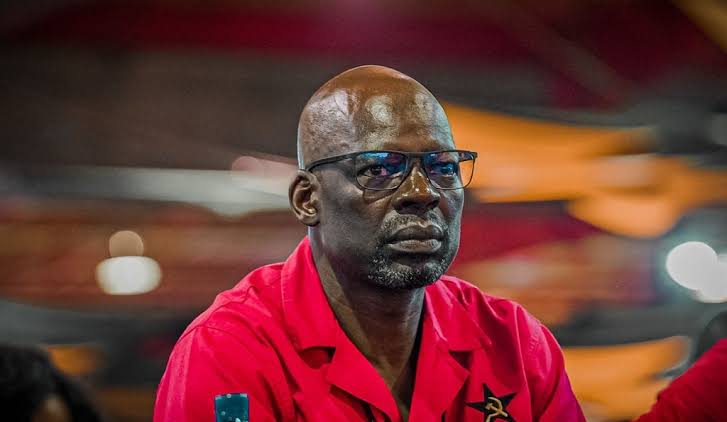News
SACP Holds Firm on Independent Election Run, Defies ANC Pressure

In a bold move that’s shaking up the country’s political left, the South African Communist Party (SACP) has confirmed it will not backtrack on its decision to contest upcoming local elections independently, a direct challenge to its decades-long alliance with the ANC.
Framing the shift as “tactical, not ideological,” the SACP says it’s time to “reconfigure the alliance” after years of what it calls neoliberal policy failures, rampant corruption, and governance decay under the ANC.
Breaking Ranks for the Working Class?
The announcement, made in the face of growing ANC backlash, marks a rare moment of visible fracture within the historic Tripartite Alliance, which includes the ANC, the SACP and COSATU.
SACP leaders insist the decision is not a betrayal of shared history, but a necessary evolution.
“This is not a break from our strategic goals,” the party said in a statement. “It is a tactical shift in our electoral strategy.”
The party slammed the outsourcing and privatisation of key public functions, unchecked looting through state tenders, and the increasing capture of public office by elite interests.
Why Now? A ‘Neoliberal Drift’ Too Far
According to the SACP, the ANC has veered too far into pro-business, neoliberal policies, failing to reverse inequality and rolling back historic gains made since democracy.
The party argues it can no longer allow its name to be attached to what it calls a “governance crisis” that puts profits ahead of people.
“We have witnessed corporate capture, failed service delivery, and erosion of public institutions. Our mission remains to implement the national democratic revolution and build towards socialism.”
Pushback from ANC Top Brass
The ANC is not taking the move lightly. Party chairperson and former SACP leader Gwede Mantashe accused the communists of abandoning the “black republic thesis,” the long-held belief that socialism could only emerge after the national liberation of black South Africans.
Mantashe warned that stepping away from the ANC’s mass base was “a political miscalculation.”
“The SACP must be located in the mass base, the ANC, and influence it,” he said.
Critics Say the Left Is Eating Itself
Political analyst George Tsibani questioned whether the SACP’s statement was even true to its roots.
“It lacks the Marxist-Leninist tone one expects,” said Tsibani. “It reads more like a protest against the ANC than a revolutionary blueprint.”
He also warned that splitting the left vote could backfire.
“A vote for the SACP is effectively a vote for regime change and may strengthen parties like the DA.”
A Test of the SACP’s Base
The SACP insists it’s not abandoning the alliance, but rather asserting its autonomy to better represent working-class interests. The party points out that all alliance partners, including COSATU were always meant to be independent.
But history shows that the alliance has never been about pure ideology, it’s been about electoral strength in unity. Now, with the ANC’s credibility under fire and public trust fraying, the SACP is betting that independence might finally translate into influence.
All eyes are now on how the move will play out at the ballot box. The SACP has yet to reveal how many municipalities it will contest or which candidates will run , but insiders say the focus will be on working-class strongholds, especially in Gauteng, Limpopo and the Eastern Cape.
In a political landscape where voters are increasingly disillusioned by traditional party loyalties, the SACP’s decision could either signal a realignment of left-wing power or risk fragmenting it even further.
What’s clear is that this isn’t just about ballot boxes. It’s about legacy, control, and who gets to define the future of the left in South Africa.
{Source: The Citizen}
Follow Joburg ETC on Facebook, Twitter , TikTok and Instagram
For more News in Johannesburg, visit joburgetc.com



























